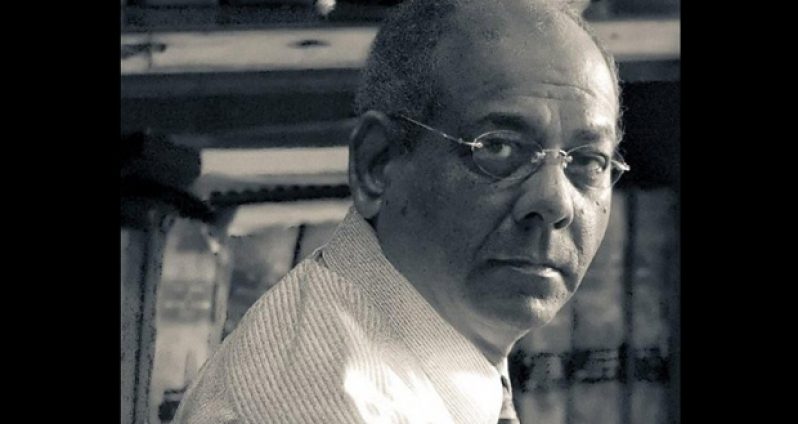POLITICAL commentator Ralph Ramkarran is of the view that Cabinet must first consider the Constitutional Reform report which was submitted by the Steering Committee on Constitutional Reform (SCCR), after which countrywide consultations must be stipulated by the executive. “Cabinet must consider the report of the SCCR and amend it by stipulating countrywide consultations and giving a view on the preparation of a draft document”, Ramkarran said in his weekly blog, Conversation Tree which was aired on Saturday.
The report of the SCCR, which was appointed by the Government and headed by Attorney-at-Law Nigel Hughes, was handed over to Prime Minister Moses Nagamootoo in April. It is presently before Cabinet for a decision as to the way forward.
And Ramkarran’s suggestion seemingly coincides with what was reportedly recommended by the SCCR in their report.
According to a report in The Stabroek News, on May 3 of this year, the body proposed “a three-tiered reform system…where a group of legal experts on the Constitution Reform Commission (CRC) will prepare a draft document encompassing some of the SCCR’s recommendations.
This will then be distributed to stakeholders including representatives of political parties and civil society. The CRC will then be expanded to include representatives of political parties and civil society. The expanded CRC will then deliberate on submissions received and prepare a report which is to be perfected by its legal experts.
This report will then be taken to the National Assembly for debate after which a referendum or some other method would be employed for the prospective adopting of the recommendations.”
Given this, Ramkarran reasoned that although it might not have been expressly spelt out, deliberations on “submissions received” suggest that the recommendation by the SCCR anticipates that such submissions will be sought. As such, he noted that it would therefore be premature to assume that wide consultations would not take place.
Also, the SCCR’s recommendation is for a technical Constitution Reform Committee (CRC) to prepare a draft and then for an expanded CRC to consider submissions before finalizing the draft to be submitted. And according to the political commentator, this makes eminent sense.
He explained that in 1999 the then Constitution Reform Commission (1999 CRC) considered 4,601 proposals received by way of oral and written evidence given by persons and organisations in Georgetown and from every region. These, he said, included persons from centrally located towns, villages and communities in the hinterland and on the coast.
“This was one of, if not the most extensive, uncontrived, consultation processes undertaken in relation to any issue in Guyana” Ramkarran added.
He further explained that in these consultations, it was a major difficulty not having a document consisting of reference points to which reference could be made. In addition, much of the time local problems, which had no relationship to the Constitution, dominated the discourse.
He noted too that members of the 1999 CRC, who went out on these outreaches, had no answers to the local problems raised and persons became frustrated and dismissed the exercise as a “waste of time.”
A former longstanding member of the opposition PPP, Ramkarran recommended that the Government and other stakeholders may wish to consider the structure of the 1999 CRC, enshrined in the Constitution Reform Commission Act No. 1 of 1999.
This structure, he said, provided for twenty members nominated by:The Peoples’ Progressive Party/Civic (PPP/C); The Peoples’ National Congress (PNC); The United Force (UF); The Alliance for Guyana; and representatives from farmers, the private sector, indigenous peoples, women’s organisations, youth organisations, the Guyana Bar Association, Hindu religious organisations, Muslim religious organisations, Christian religious organisations, and the labour movement.
During that time, which was described as having a charged political atmosphere, Ramkarran said that an agreement was arrived at by all parties.
“Although the recommendations did not go as far as many would have liked, resulting in a continuing state of political instability driven by ethnic cleavages, the 1999 CRC successfully concluded its work after countrywide consultations, evidence from fourteen Guyanese and foreign experts and several other specialist teams.
There is therefore an existing template of legal form and methodologies which no doubt informed the SCCR in its work and can assist other decision makers and stakeholders” he reasoned.
Ramkarran calls for countrywide consultations on constitutional reform
SHARE THIS ARTICLE :
Facebook
Twitter
WhatsApp


.jpg)











